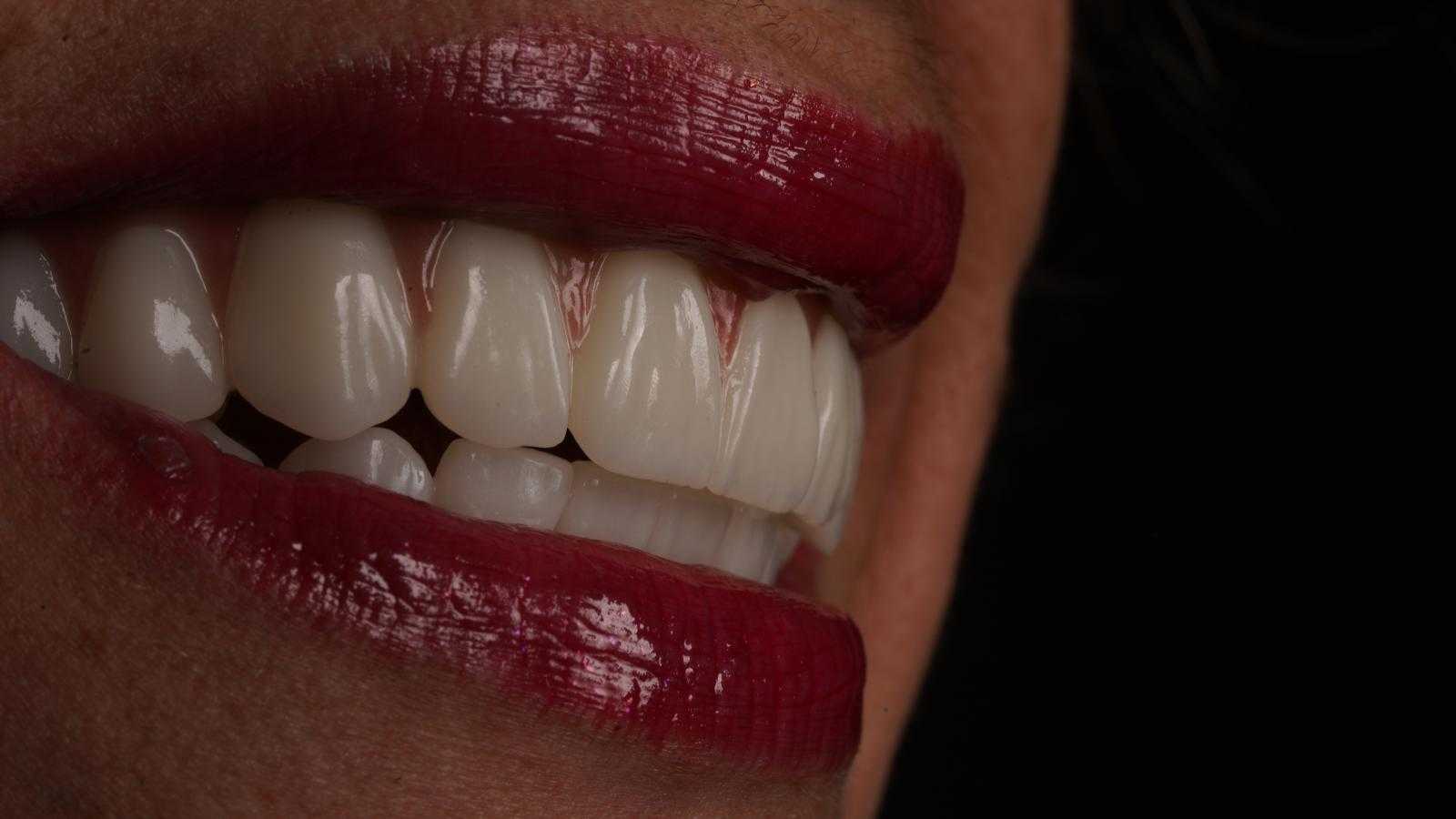Dental Crowns: Restoring Your Smile and Protecting Your Teeth

When it comes to dental care, dental crowns are a popular and effective solution for various dental problems. They are used to restore damaged or decayed teeth, improve the appearance of teeth, and provide structural support. If you're considering dental crown treatment in Spain, it's essential to understand the average cost involved. In this article, we will explore the factors that influence the cost of dental crowns in Spain, discuss the different types of dental crowns available, and provide an overview of the average prices you can expect.
|
Table of Content • Overview • Cost • Types• Factors Affecting Cost • Top Clinics • FAQs • How to Book |
What is Dental Crown
A dental crown, also known as a dental cap, is a prosthetic device that is placed over a damaged or decayed tooth. It is designed to restore the tooth's shape, size, strength, and appearance. Dental crowns fully encase the visible portion of the tooth above the gum line, providing protection and support.
Dental crowns are custom-made to match the color, size, and shape of the patient's natural teeth, ensuring a seamless blend with the surrounding teeth. They are typically recommended in situations where a tooth is severely weakened, has extensive decay, has undergone root canal treatment, or has a large filling that needs reinforcement.
The process of getting a dental crown involves several steps. First, the tooth receiving the crown is prepared by removing any decayed or damaged portions and reshaping it to accommodate the crown. An impression or digital scan is taken to create an accurate mold of the tooth, which is then sent to a dental laboratory for the fabrication of the crown. In the meantime, a temporary crown may be placed to protect the prepared tooth. Once the permanent crown is ready, it is bonded or cemented onto the tooth using dental adhesive or cement.
Dental crowns serve multiple purposes. They restore the functionality of a damaged tooth, allowing for normal chewing and speaking. They also provide structural support to prevent further deterioration of the tooth. Additionally, dental crowns can enhance the aesthetic appearance of a tooth by improving its shape, alignment, and color.
Types of Dental Crowns
There are several types of dental crowns available, each with its own unique characteristics and price range. Here are some common types:
1. Porcelain-fused-to-Metal (PFM) Crowns
PFM crowns consist of a metal substructure covered with a layer of tooth-colored porcelain. They offer a balance between strength and aesthetics. The cost of PFM crowns is typically moderate compared to other options.
2. All-Ceramic Crowns
All-ceramic crowns are crafted entirely from ceramic materials, providing excellent aesthetics and natural-looking results. They are a popular choice for patients concerned about the visibility of metal in their crowns. All-ceramic crowns tend to be more expensive than PFM crowns.
3. Zirconia Crowns
Zirconia crowns are known for their exceptional durability and strength. They are highly resistant to chipping or cracking and offer a lifelike appearance. Zirconia crowns generally fall into the higher price range due to their advanced properties.
4. Gold Crowns
Gold crowns have been used in dentistry for many years and are valued for their longevity and biocompatibility. Although they are less common nowadays, some patients still opt for gold crowns. They tend to be more expensive due to the cost of the precious metal.
Average Cost of Dental Crowns in Spain
The cost of dental crowns in Spain can vary depending on the factors mentioned earlier and the type of crown chosen. The following are approximate average prices:
| Type of Crown | Price |
| PFM Crowns: | €300-€600 per tooth |
| All-Ceramic Crowns: | €500-€800 per tooth |
| Zirconia Crowns: | €700-€1,200 per tooth |
| Gold Crowns: | €600-€1,000 per tooth |
It's important to note that these prices are estimates, and the final cost may vary based on individual dental clinics and specific cases.
Top Clinics For Dental Treatment in Spain
| Clinic | Location |
| ICA Instituto de Cirugia Avanzada | Santa Cruz De Tenerife Spain |
| Dentaesthetic Corporation | Sabadell, Spain |
| Global Dent Balear | Palma de Mallorca, Spain |
Factors Affecting the Cost of Dental Crowns
Several factors can influence the cost of dental crowns in Spain. It's important to consider these factors to understand why prices may vary:
1. Material Selection
The type of material used for the dental crown can significantly impact the cost. Different materials offer varying levels of durability, aesthetics, and longevity. For example, porcelain-fused-to-metal (PFM) crowns tend to be more affordable compared to all-ceramic or zirconia crowns.
2. Dental Clinic Location
The location of the dental clinic can also affect the cost. Dental services in urban areas or popular tourist destinations may have higher prices due to increased demand and operating costs. On the other hand, clinics in rural areas or smaller cities might offer more affordable options.
3. Complexity of the Procedure
The complexity of the dental crown procedure can influence the overall cost. If additional dental treatments are required, such as root canal therapy or tooth extraction, the total price will likely increase.
4. Additional Treatments Required
In some cases, dental crowns may be part of a more extensive treatment plan. If you need multiple crowns or additional procedures like dental implants or bridges, the cost will reflect the comprehensive nature of the treatment.
FinalThoughts
Dental crowns in Spain offer an effective solution for various dental issues, and the cost can vary depending on several factors. Understanding the different types of dental crowns available and the average prices can help you make an informed decision about your dental treatment. It's always recommended to consult with a qualified dentist who can assess your unique dental needs and provide you with an accurate cost estimate.
FAQs (Frequently Asked Questions)
How long do dental crowns last?
Dental crowns can last between 10 and 15 years on average. However, with proper care and regular dental check-ups, they can potentially last even longer.
Are dental crowns painful?
The procedure for getting dental crowns is typically performed under local anesthesia, ensuring a pain-free experience. After the anesthesia wears off, you may experience some mild discomfort or sensitivity, which should subside within a few days.
Can dental crowns be whitened?
Dental crowns are resistant to teeth whitening treatments. If you want to improve the color of your dental crown, it's best to discuss your options with a dentist who can recommend the most suitable approach.
Do dental insurance plans cover the cost of dental crowns?
Dental insurance coverage varies depending on the specific plan. Some insurance plans provide partial or full coverage for dental crowns, while others may have limitations or exclusions. It's important to review your insurance policy or consult with your insurance provider to understand your coverage.
Is the procedure for getting dental crowns in Spain safe?
Dental crown procedures in Spain are generally safe when performed by qualified and experienced dentists. It's advisable to choose a reputable dental clinic and discuss any concerns or questions with your dentist before proceeding with the treatment.
Book Appointment
Ready to enhance your smile with dental crowns? Schedule a consultation today and experience the benefits of a restored, confident smile. Contact us now at








.png)


.png)


